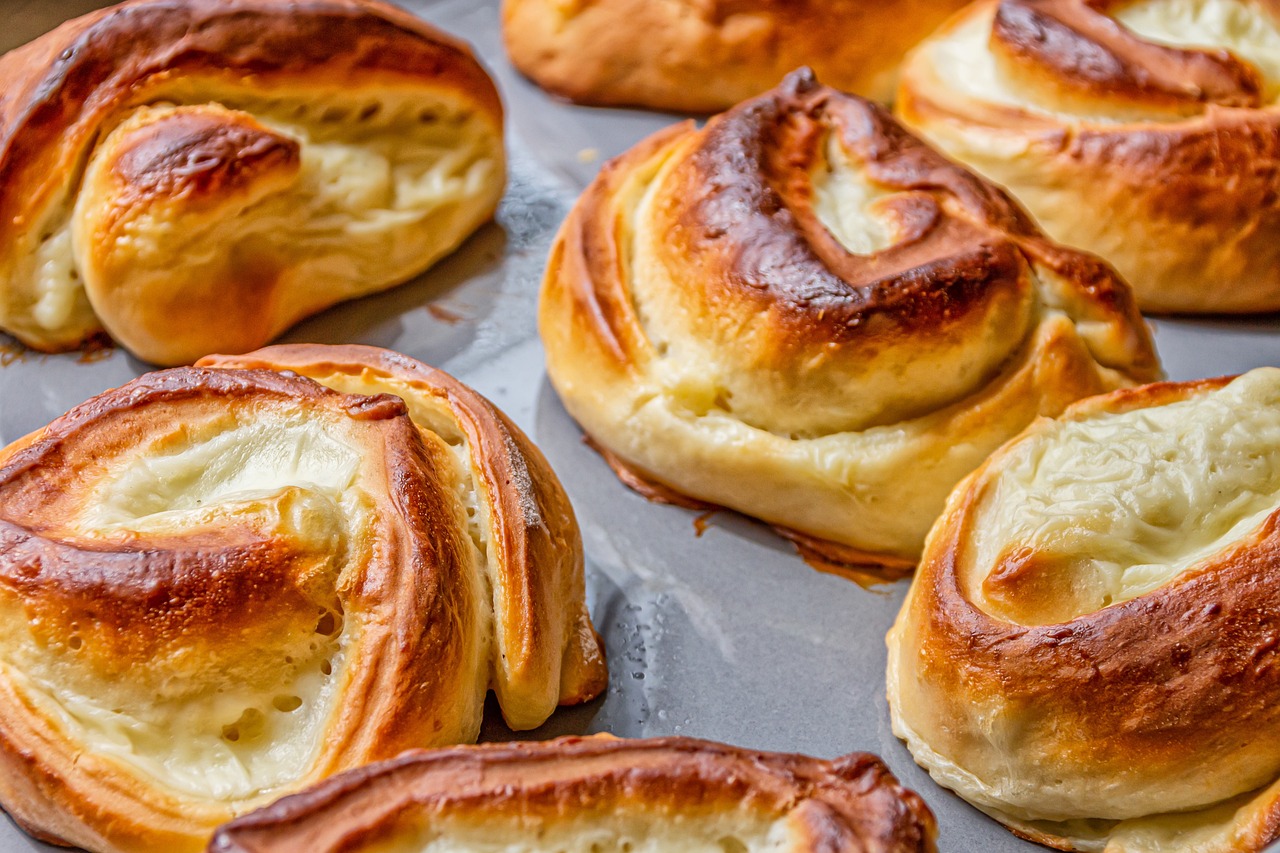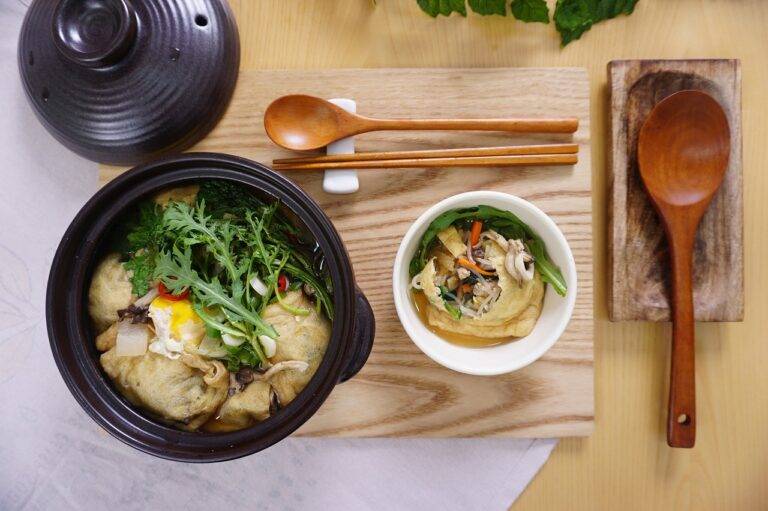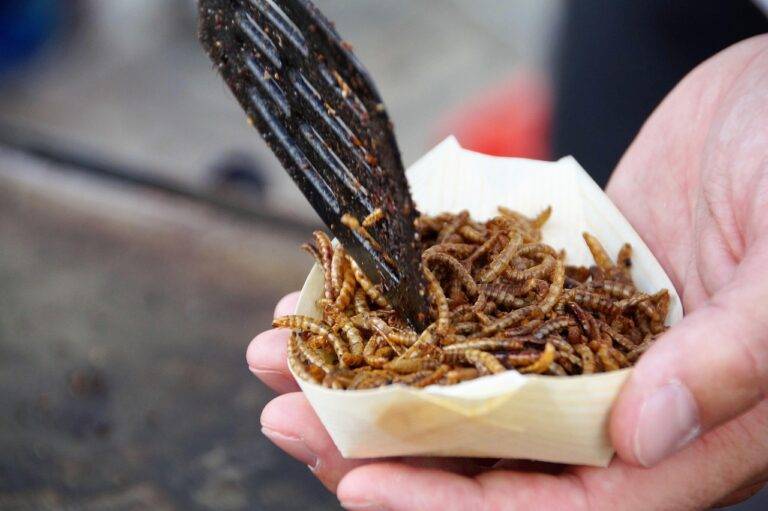The Role of Social Eating in Human Psychology
Social eating, a prominent cultural phenomenon, transcends mere sustenance and nourishment to embody shared experiences and connections among individuals. It serves as a cornerstone for forming bonds, strengthening relationships, and fostering a sense of belonging within communities. Whether it’s a family gathering, a business lunch, or a celebratory feast, the act of sharing a meal with others plays a significant role in shaping social dynamics and cultural norms.
In various societies around the world, the customs and traditions associated with social eating reflect the values, beliefs, and practices unique to each culture. From communal dining rituals in Asian cultures to elaborate feasts in Western societies, food not only serves as a means of sustenance but also as a central component of social interactions and celebrations. The exchange of recipes, the sharing of meals, and the act of breaking bread together all contribute to the rich tapestry of cultural diversity and interpersonal connections fostered through social eating.
The Evolutionary Roots of Social Eating
Humans are inherently social beings, with a long history of communal eating dating back to our early ancestors. In primitive societies, sharing food was a way to strengthen social bonds and foster cooperation within groups. This communal eating served as a means of promoting unity and solidarity, crucial for the survival and success of early human communities. As a result, the act of eating together became deeply ingrained in our evolutionary history, shaping our social behaviors and dietary habits.
The evolutionary roots of social eating can also be seen in the way it enhances the overall dining experience. Sharing a meal with others can lead to increased enjoyment and satisfaction from the food consumed. This phenomenon is attributed to the release of oxytocin, a hormone associated with bonding and social connection, which is triggered when we eat in a group setting. Such communal dining experiences not only provide nourishment for the body but also nourish our need for social interaction and connection, reflecting the deep-seated evolutionary foundations of social eating.
The Influence of Social Eating on Food Choices
Social eating significantly impacts the food choices individuals make when dining in a group setting. Research suggests that people tend to align their food selections with the preferences of those around them during social meals. This phenomenon, known as social facilitation, can lead individuals to opt for dishes they may not have chosen if dining alone.
Furthermore, the desire to fit in with the group can also influence food choices during social eating occasions. People may feel pressure to conform to the group’s choices in order to avoid standing out or feeling judged. This social influence on food choices highlights the powerful role that group dynamics play in shaping individuals’ dining decisions and overall eating habits.





